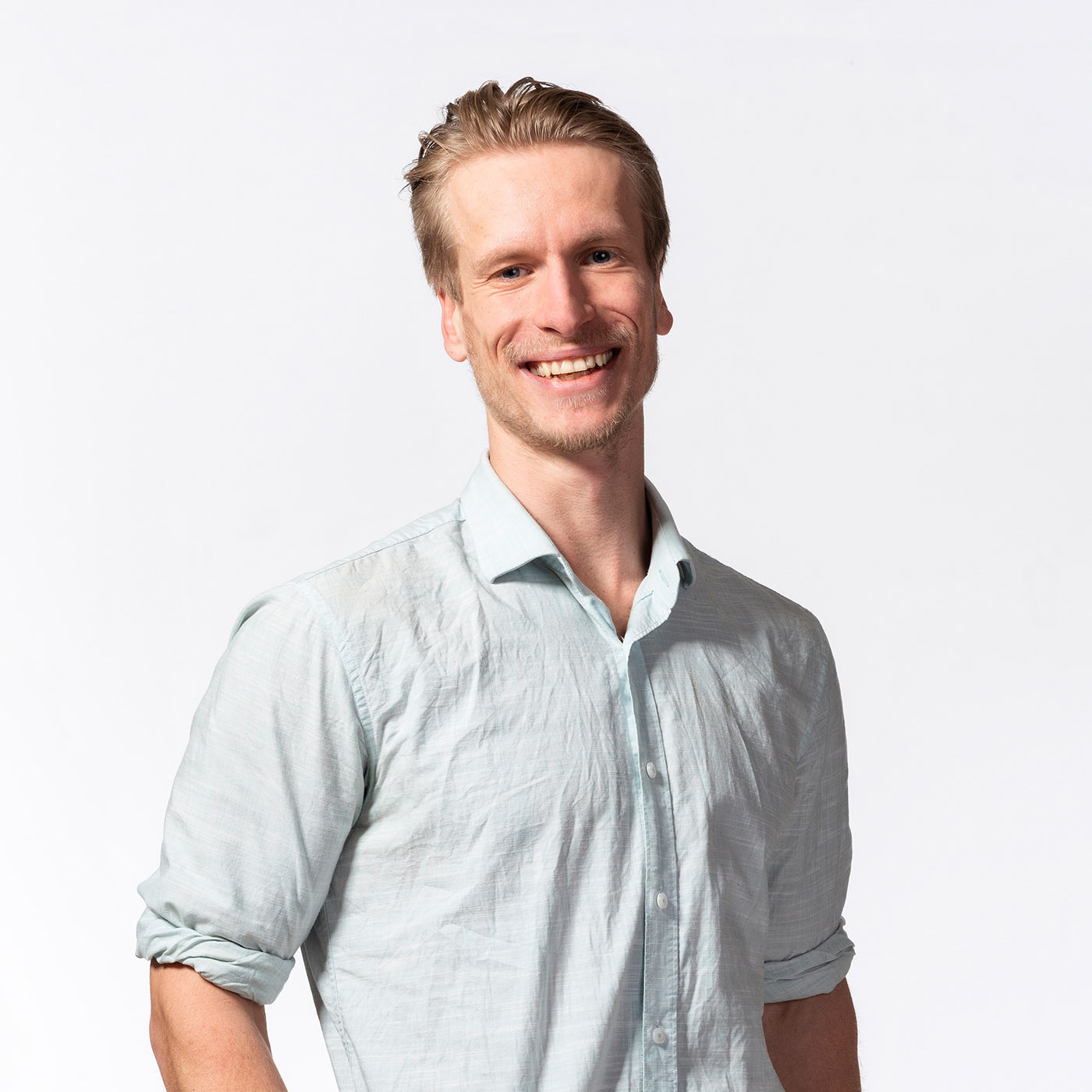Sustainable accountability
From individuals to industry, sustainability considerations are featuring increasingly in financial decision-making here and internationally. Otago researchers are working at the forefront of this emerging field.
Activism and protests on sustainability issues are an important part of changing the policies and regulations of the world, but we also need to change the way we think about finance, says the University of Otago's Dr Sebastian Gehricke.
“The world works on finance and if industry aligns its actions to sustainability we should see dramatic shifts – and swiftly so.”
Fortunately for our planet, the tide is turning from words towards action. Major industries are seeking to surf a wave of sustainability awareness, creating new opportunities for sustainable investing.
Gehricke (Accountancy and Finance) is at the heart of several projects designed to study and support responsible investing, including providing skills-training for this emerging field.
He is a co-developer and deputy director of the University's Climate and Energy Finance Group (CEFGroup), a recent Otago research theme investigating sustainable investment and the energy and carbon markets.
Developing a sustainable financial portfolio can range from negative screening such as removing fossil fuel investments, to themed investing such as focusing on clean water or clean energy.
The group is a founding member of the Global Research Alliance for Sustainable Finance and Investment, a worldwide organisation of universities promoting multidisciplinary academic research with real world applications.
“Sustainable investment involves making financial decisions while considering the impacts on, and effects of, the risks and opportunities of sustainability,” says Gehricke.
Developing a sustainable financial portfolio can range from negative screening such as removing fossil fuel investments, to themed investing such as focusing on clean water or clean energy. Ultimately there is impact investing, which considers the actual effects of investments on society and the environment – weighing positive impacts equally with financial returns.
Other areas of investigation include the New Zealand Emissions Trading Scheme, iwi investment, the feasibility of different uses of land in various climate- risk scenarios, and estimating the costs of transitioning energy systems to renewables in the Association of Southeast Asian Nations (ASEAN) region.
The CEFGroup is also looking at the fund management industry for cases of the relatively new phenomenon of greenwashing, where sustainability claims are made, but not always followed through.
“The number of active projects we are working on has ballooned and should make for some really interesting publications in academic journals,” says Gehricke.
Industry trends show growing percentages of responsible investment with more than half of New Zealand's and a third of global managed assets now in that category. “It reflects a major shift from debating whether or not to invest responsibly to finding out how to do it.”
Portfolio managers are seeking sustainability skills, and a multitude of new and increasingly diverse sustainable investment products are entering the market.
There is a similar upsurge in new methods of estimating environmental, social and governance factors (ESG) to be taken into account as part of analyses to identify material risks and growth opportunities.
The CEFGroup is responding to demands for new knowledge on a number of fronts, holding events to share information with community organisations, providing training for executives, hosting academic conferences for interested parties and helping researchers attend international meetings.
One of the initiatives close to Gehricke's heart is the annual Assembly of Investment Chairs, held in partnership with the New Zealand Superannuation Fund and the Otago Business School.
“This event is unique in that its purpose is only for the benefit of the investment decisions of a range of organisations such as iwi, charities and community trusts. It presents a significant and valuable opportunity to discuss the challenges of ESG investing with industry and academic experts.”
Aside from Gehricke's leading roles in the Assembly of Investment Chairs and the CEFGroup, he also chairs the Business and Engagement Committee and is on the Steering Group of the Otago Energy Research Council.
He is currently teaching an Otago course on sustainable investment — the first undergraduate sustainable finance course in New Zealand.
“It's hard to do without a textbook to guide you so I'm spending lots of late nights creating teaching materials. Our research and our events programme have shown that there's an obvious demand. The industry needs these skills, so we need to start training undergraduates in them as soon as we can. The job market is already there.”
Funding
University of Otago Climate and Energy Finance Group Research Theme
University of Otago Research Grant
Dr Sebastian Gehricke: “Sustainable investment involves making financial decisions while considering the impacts on, and effects of, the risks and opportunities of sustainability.”
